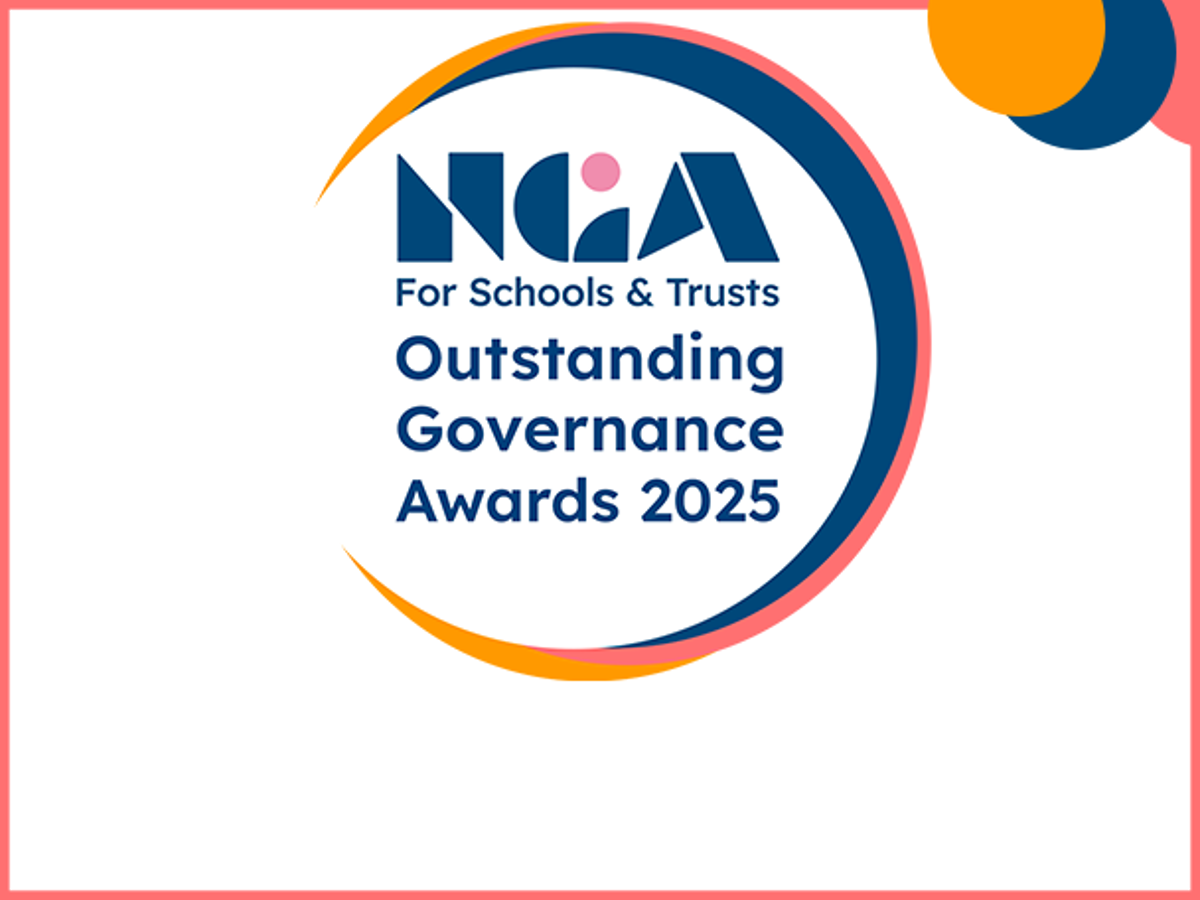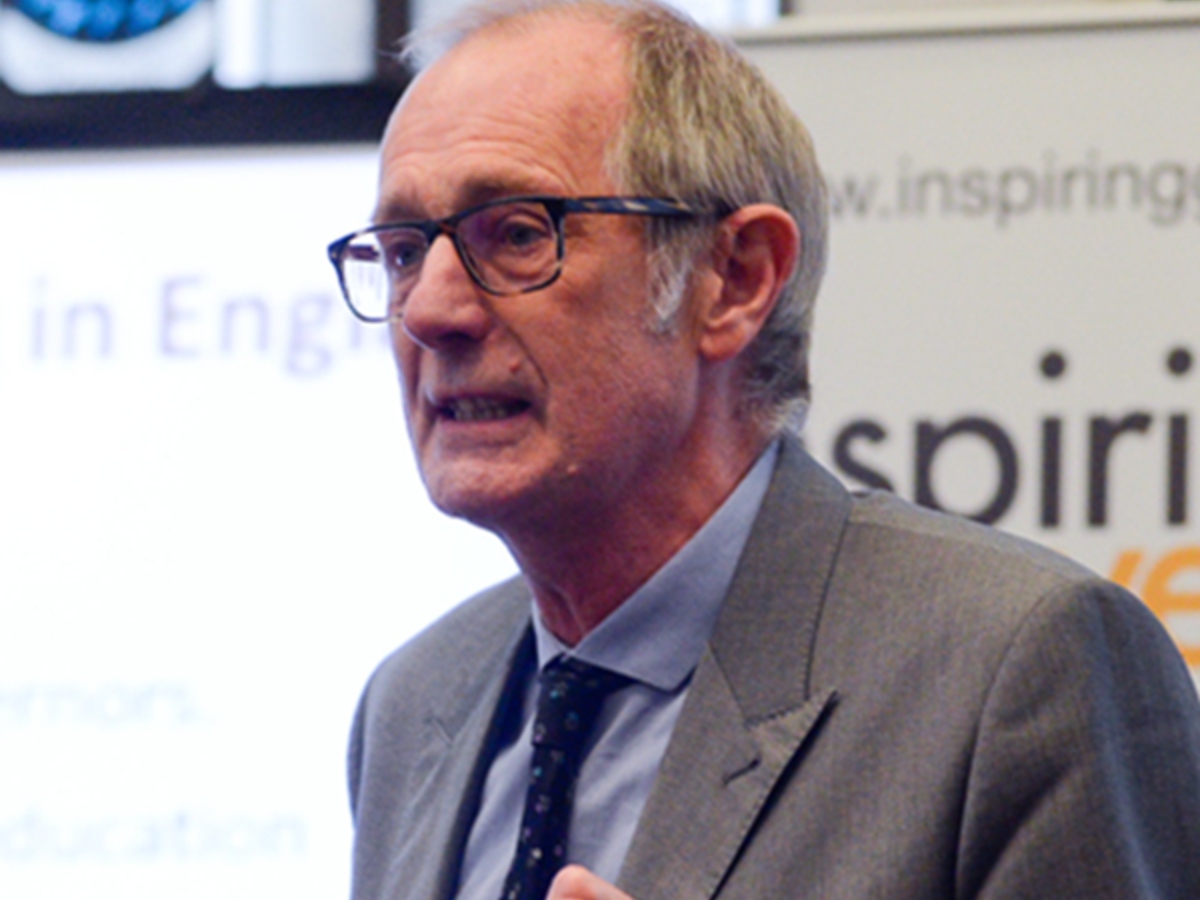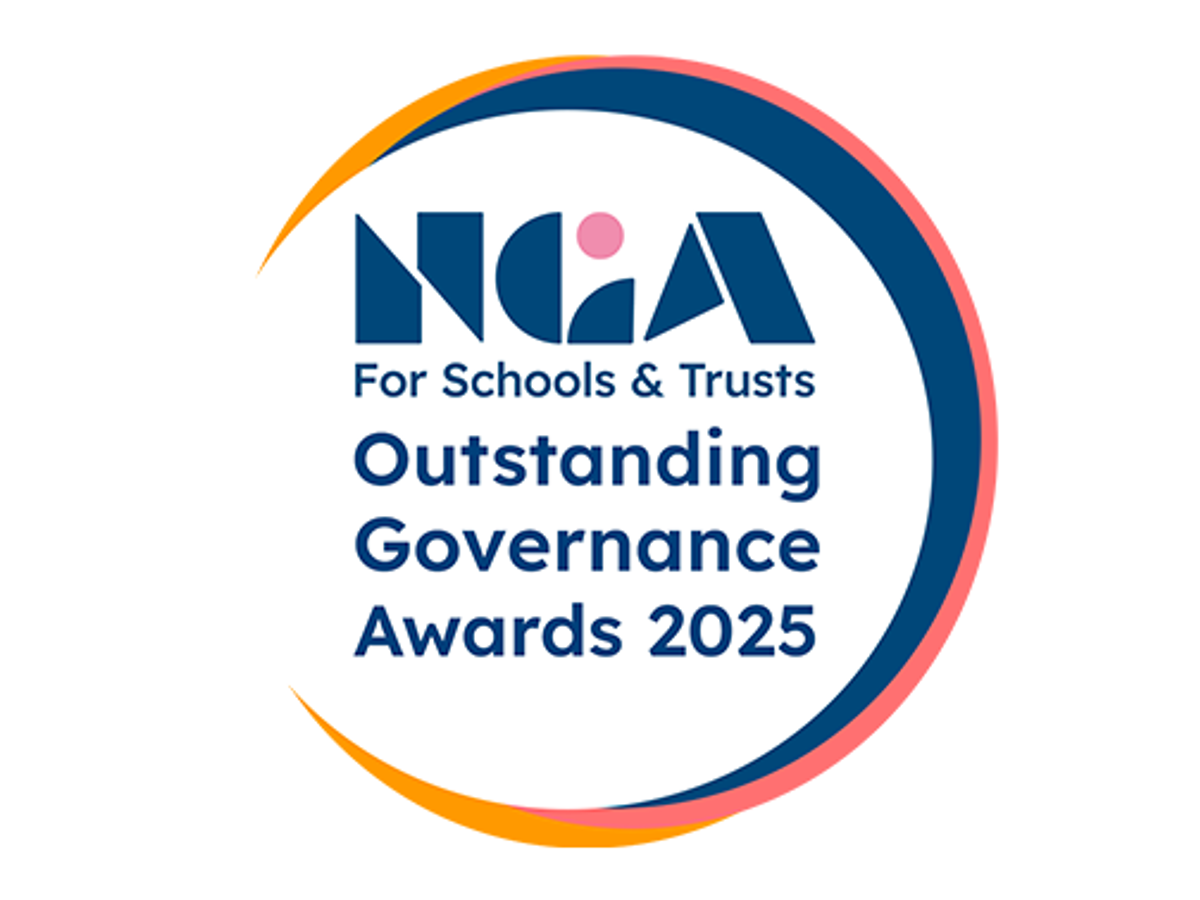Shaping the future of education policy
Jo Malone from the Foundation for Education Development outlines a new approach to education policymaking that breaks from recent short-term approaches, as well as background for NGA's and FED's joint forum later this month.

The strength of a new idea may best be judged by how many people independently come up with it at the same time. The fact that so many are now talking about the need for taking a less partisan, longer-term approach to education policymaking is a strong indicator that now is the time.
The current system operates ad hoc and is tethered to political cycles and tenures of secretaries of state.
The overwhelming impression as a state school governor for the best part of 30 years is one of constant change,” says Patrick Wall, founder of edpol.net. “It’s highly disruptive and demotivating, and the whole process is defined by incoherence, with too many constantly shifting goals and objectives. And the worst thing is that because of the short-termism inherent in the system, the most significant issues aren’t really addressed
As governors you will be well aware of the abundance of issues which are stymied by short-term thinking, lack of clear planning and funding, and with little or no monitoring or accountability built in.
If we are serious about really tackling the important challenges already facing us in the education system as well as readying the system for additional challenges in the near future – in the face of rapidly evolving technology, climate crisis, workforce skills crisis and increasingly polarised communities – then we must change the way education policy is made.
Since the Foundation for Education Development (FED) launched in 2019, we have gathered research and opinion on what is needed to create a long-term approach to strategic education policy and planning, in what may fairly be described as the largest qualitative consultation on education policy this century.
FED survey findings At this crucial juncture, uppermost in the FED’s work is helping politicians solve this complex equation: ‘Just how do you enable our education system to evolve to better solve long-term problems?’
97% of respondents agree we need a shared, long-term plan to guide the education system
91% agree that such a plan should be overseen by an independent body
95% agree that a long-term plan for education should be central to party manifestos
The FED calls for an education system which has as its foundations the principles of accountability, inclusion, collaboration, adaptability and innovation. Upon these foundational principles we propose the following mechanisms and processes for longer-term planning, implementation and accountability.
1. A 10-year plan should have a clear process for its creation
If the mission of ensuring that education in England meets the needs of all learners is a guiding star, then a long-term plan is the compass by which we navigate our route. The plan should include short-, medium- and long-term goals. This would allow for a phased implementation, with clear targets, milestones and points to accommodate any course corrections.
2. A National Council for Education would ensure strong governance
This body would have a statutory fitting and representation from experienced leaders in the field of education and beyond. As the highest-level body to oversee the development and implementation of a long-term plan for education, such a body would offer a framework to inform annual planning and budget-setting, and a structure for organising national educational initiatives and policies.
3. A National Education Assembly for large-scale stakeholder review, inputs and collaboration
This body’s remit is large-scale, akin to the NHS Assembly. It would bring together all the relevant stakeholders from across the education sector and beyond, creating a space for open and honest dialogue, and a built-in feedback loop to feed into future planning. This will help identify needs, what works and for whom. It will also help predict what is needed for the changing landscape of the future.
4. A chief education officer is the most senior government adviser on education
This role could bring a deep understanding of the education system and the challenges it faces. In sharing their expertise with those mandated with setting policy, they could not only play a key role in ensuring education planning is a top priority but help ensure education planning is evidence-based and fit-for-purpose.
We believe that replacing a system beset by constant change with an even greater sudden change is not the way forward. We need workable and sensible ideas that restore trust, and help the system manage innovation and not be constantly drained by it. We need an approach that offers politicians the time and partnerships to build a world-leading education system.
NGA and FED's forum: 26 April 2024
The FED and NGA are doing a forum for trustees and governors in April 2024 as a part of the FED’s wide-ranging consultation on the proposals outlined in this article.












































